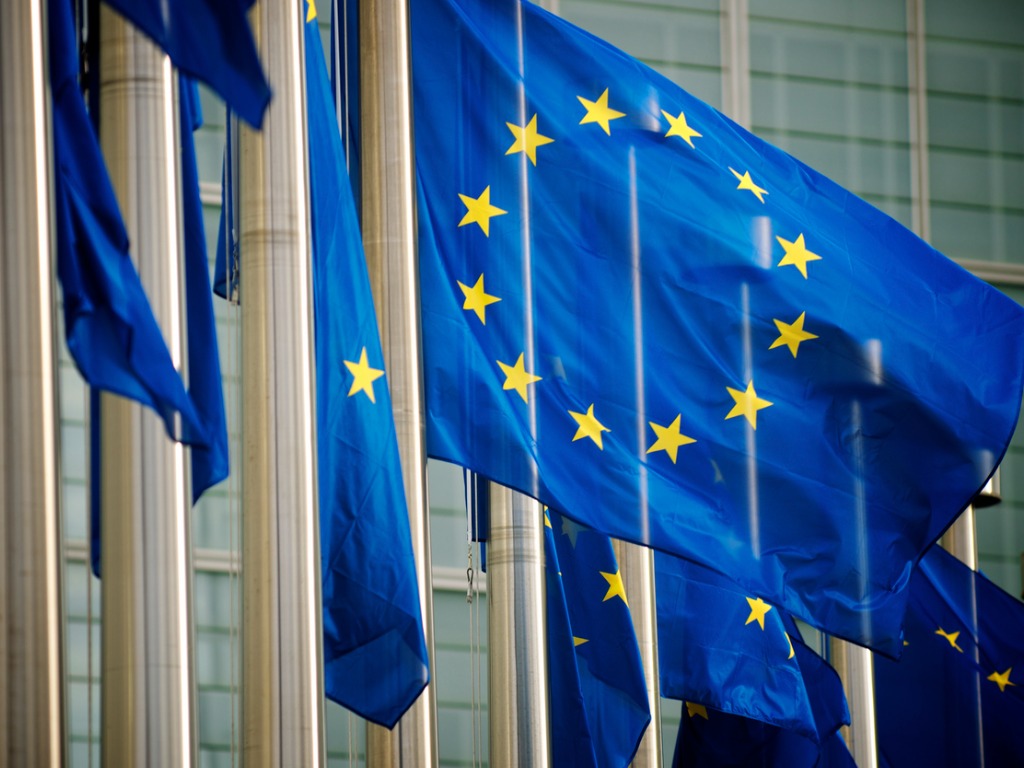EU Member States Call on Major Economies to Ramp Climate Goals Ahead of COP27
The European Council announced today that its member states have agreed on the EU’s negotiating position for the upcoming COP27 United Nations Climate Change Conference, including calling on major economies to immediately ramp up their near-term climate goals, and to scale up climate finance support for developing countries.
The COP27 conference, to be held in Egypt’s Sharm El-Sheikh, Egypt, from November 6 to 18 will be focused on a series of key climate topics, including mitigation, adaptation, finance, and collaboration between governments, the private sector and civil society.
The conference will likely focus particular attention on the implementation of goals from last year’s COP26 conference’s final agreement, the Glasgow Climate Pact.
One of the key highlights of the Glasgow pact included a call on countries to revisit and strengthen their 2030 emissions targets, or Nationally Determined Contributions (NDCs). Noting that action on NDCs has been “insufficient,” the EU Council’s statement calls on all parties to set ambitious targets and policies, and urges “major economies to revisit and strengthen their Nationally Determined Contributions (NDCs) in time for COP27.”
The EU and member states aim to update their own 2030 targets once it concludes negotiations on its “Fit for 55” strategy, the EU initiative to cut greenhouse gas (GHG) emissions by 55% by 2030, compared to 1990 levels. The strategy’s roadmap covers a broad area of proposals, including updating the EU target to achieve 40% of energy from renewable sources by 2030, expanding and tightening the EU Emissions Trading System, putting a price on carbon and lowering the cap on emissions for various economic sectors, and allowing only sales of zero emission cars from 2035, among others. The council said that it aims to conclude negotiations on the strategy by the end of this year, and to update the NDC of the EU and its Member States “as soon as possible” after that.
Other mitigation-related areas of focus for the EU will include progress on Glasgow pact goals the phase down of coal use, and and ending “inefficient fossil fuel subsidies.” Fossil fuels were one of the key sticking points at COP26, with a last minute change in text from a “phase out” of coal to “phase down,” due to objections from India and China, and adding “inefficient” to the subsidy clause.
Another focus area of the EU Council’s statement is a call on developed nations to scale efforts to mobilize finance for climate action. The 2015 Paris Agreement called for developed nations to ramp support for their developing counterparts in the form of at least $100 billion in climate finance per year by 2020, although this goal has yet to be met. COP26 saw a significant step-up in climate finance pledges, and said that it anticipates the $100 billion goal will be met next year.
Anna Hubáčková, Czech Minister of the Environment, said:
“All eyes will be on us in Sharm El-Sheikh. The EU has always been at the forefront of climate action and we will continue to lead by example. Protecting our planet for future generations requires a strong common global action. I am glad the EU has proved today that it is serious in its ambitions.”
Click here to view the EU Council’s COP27 conclusions.





